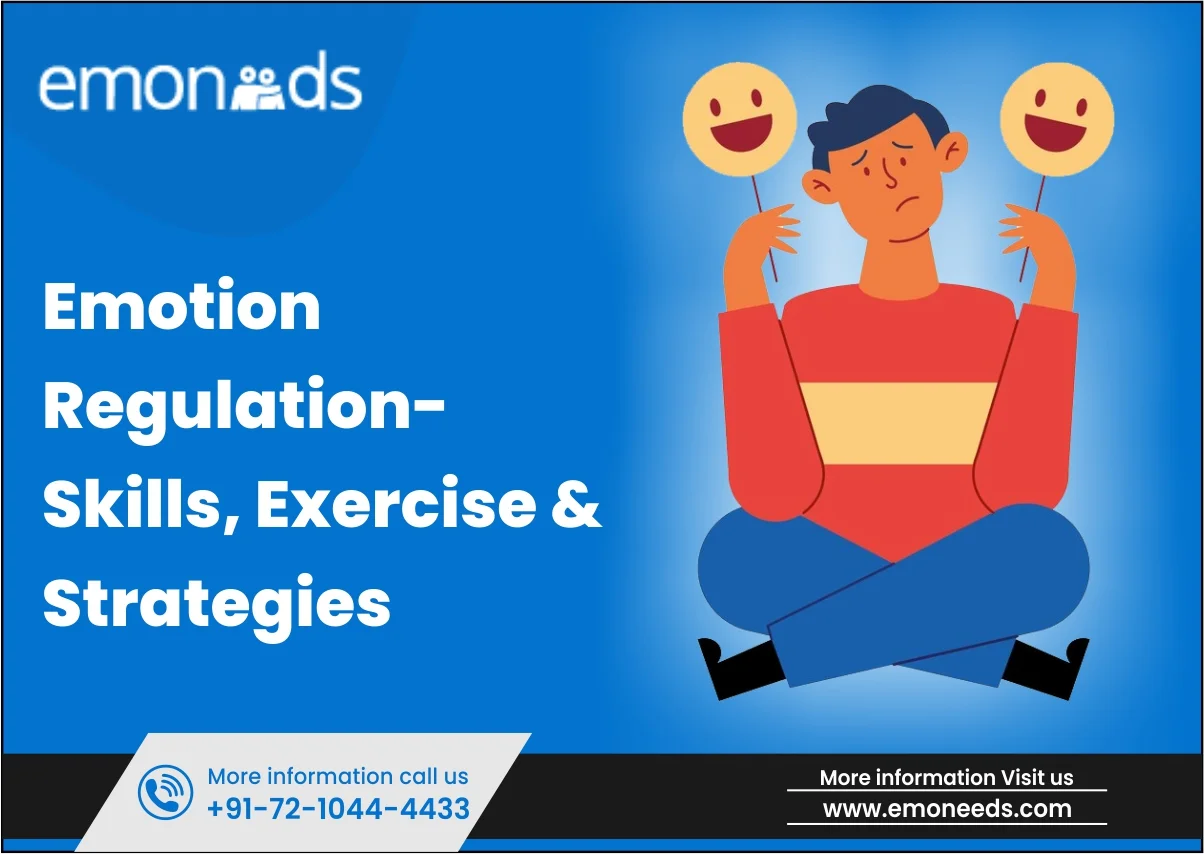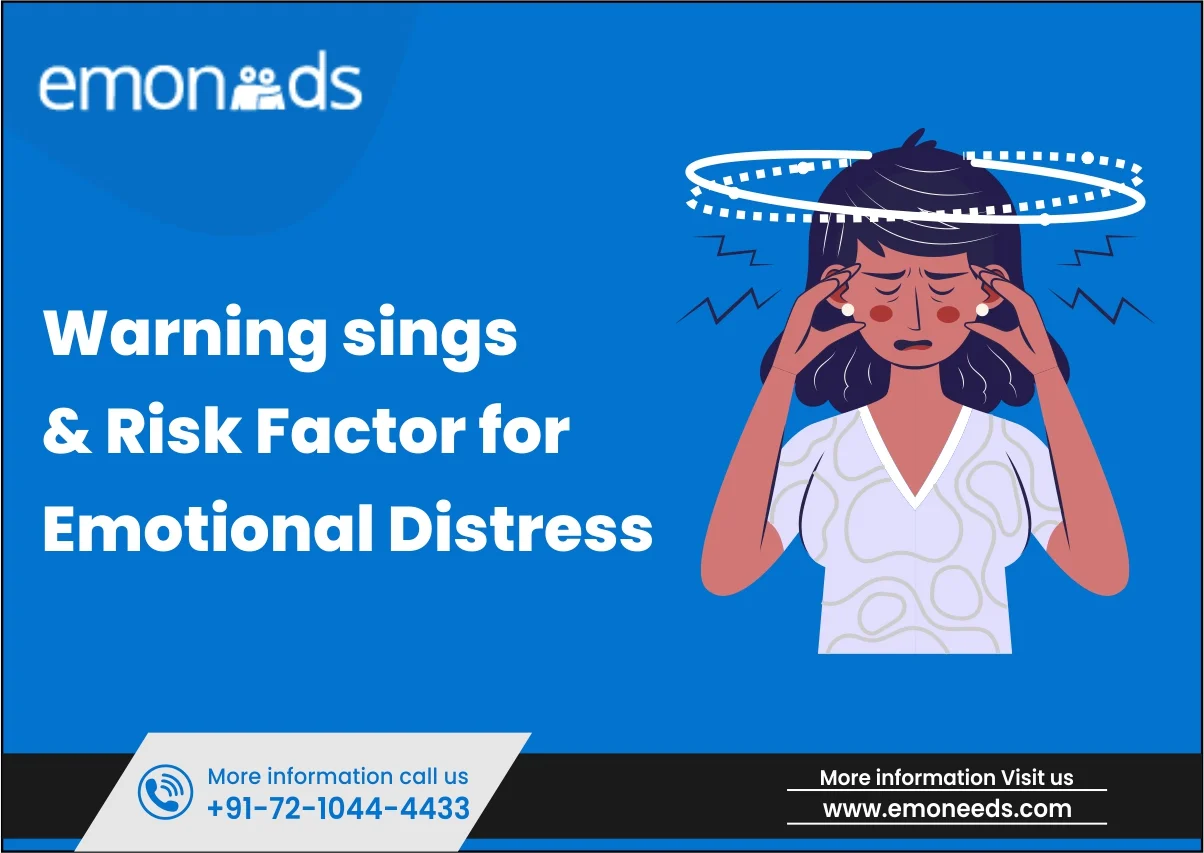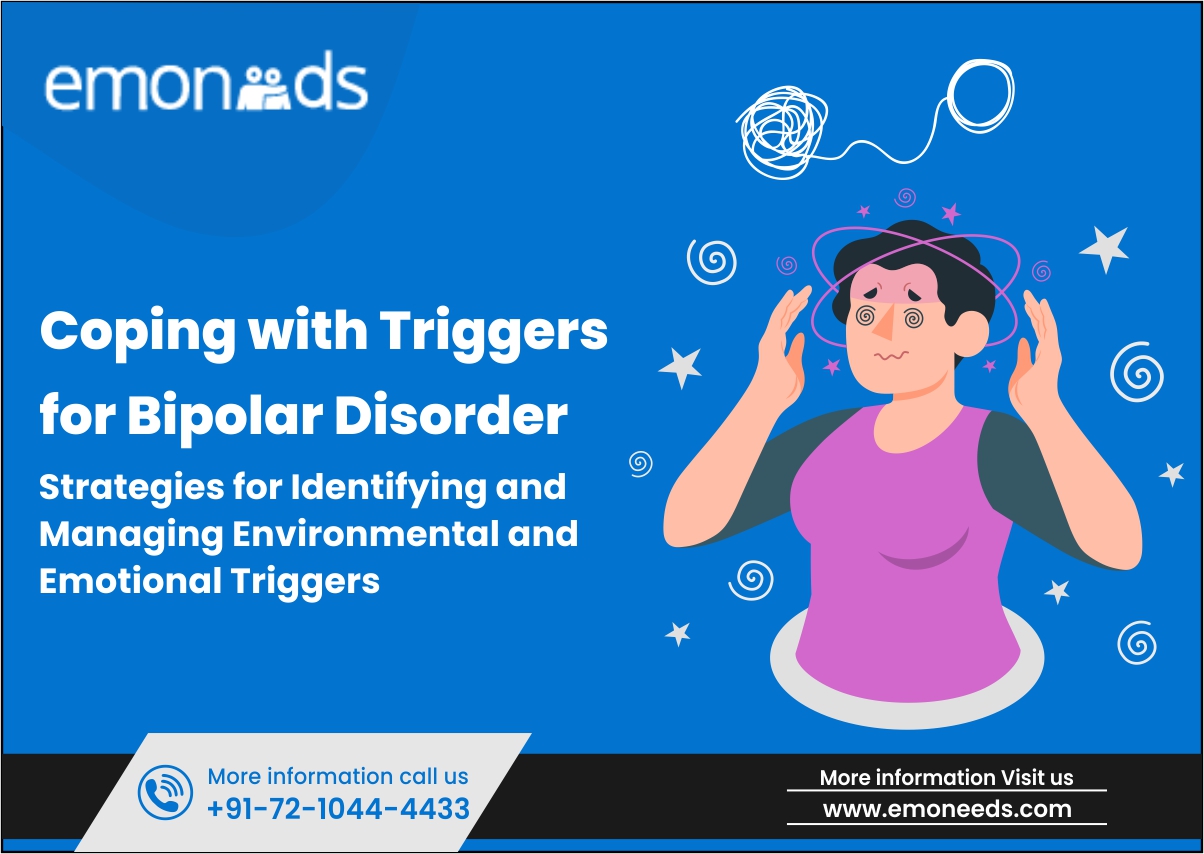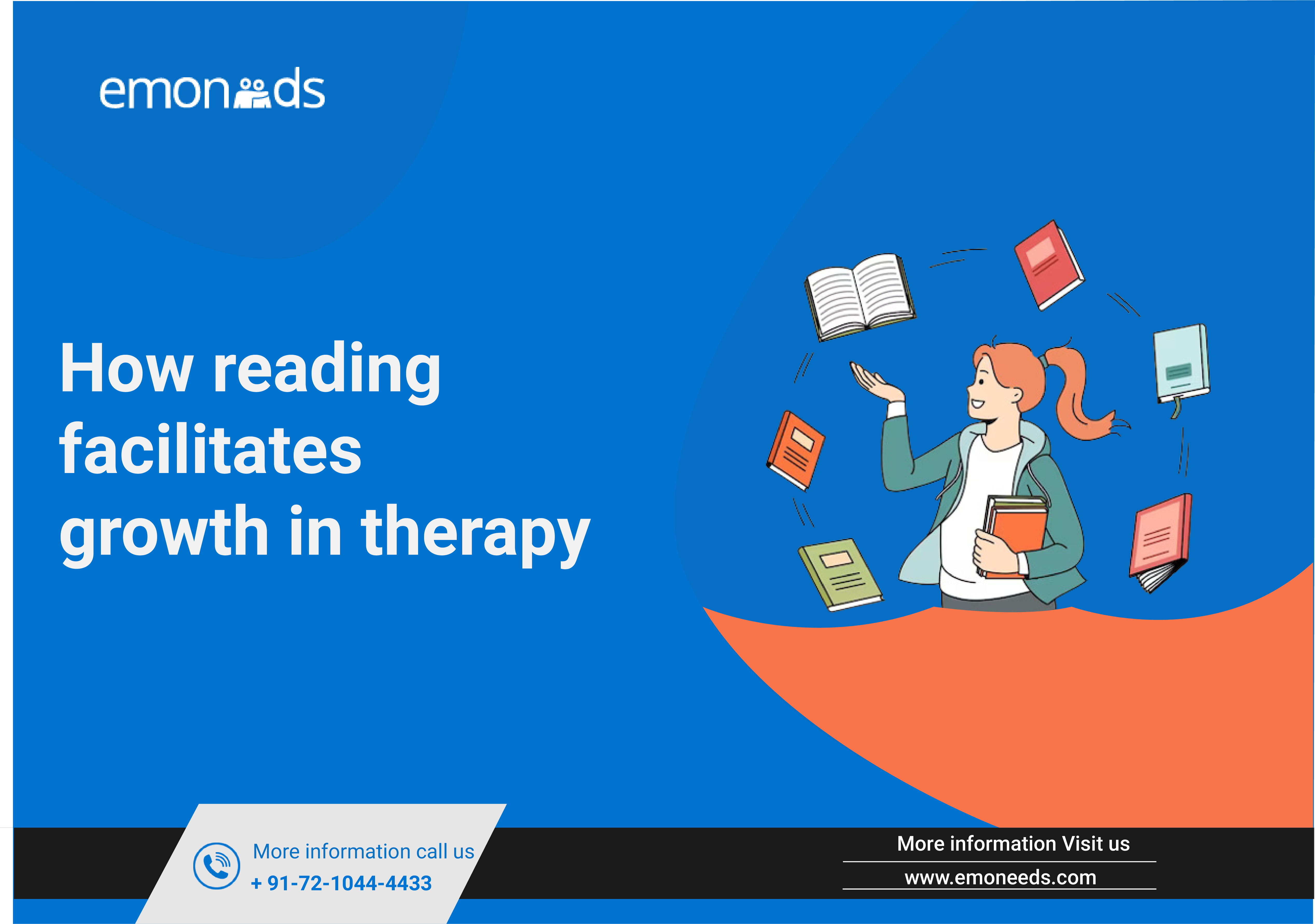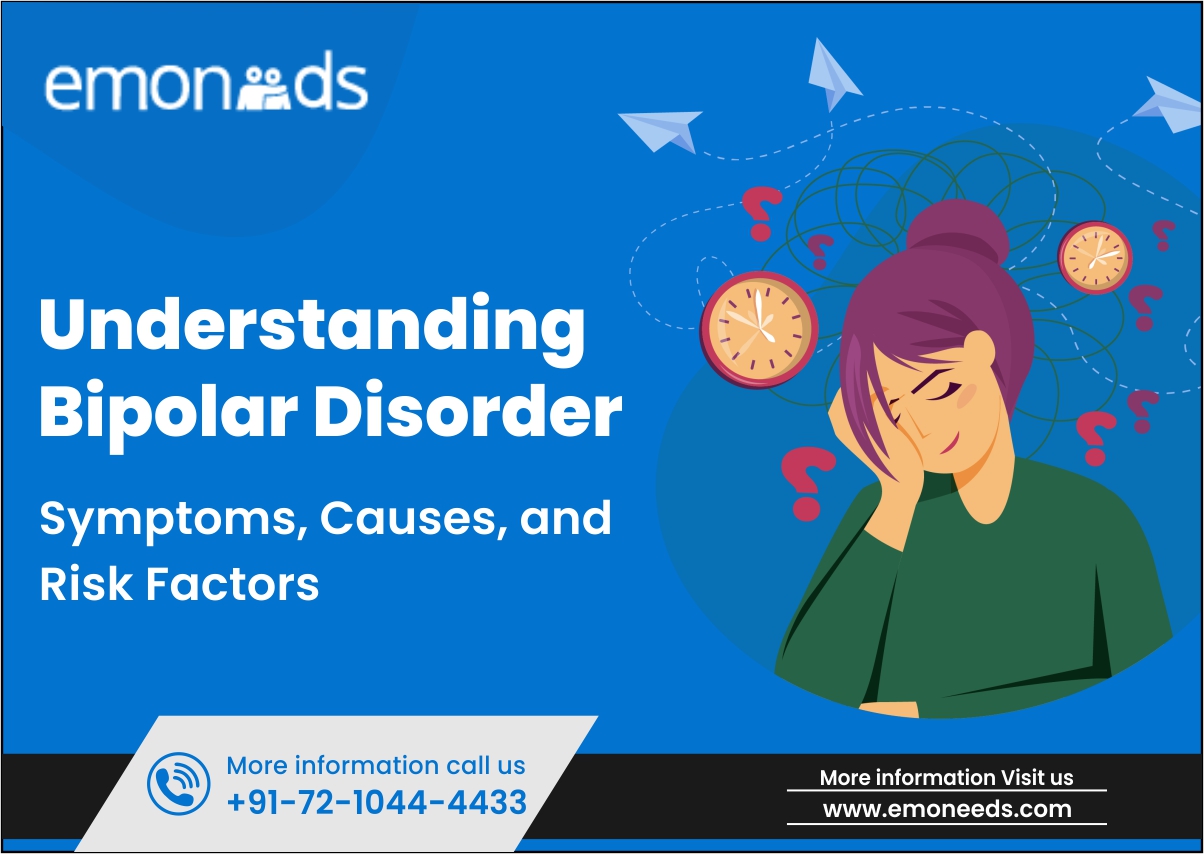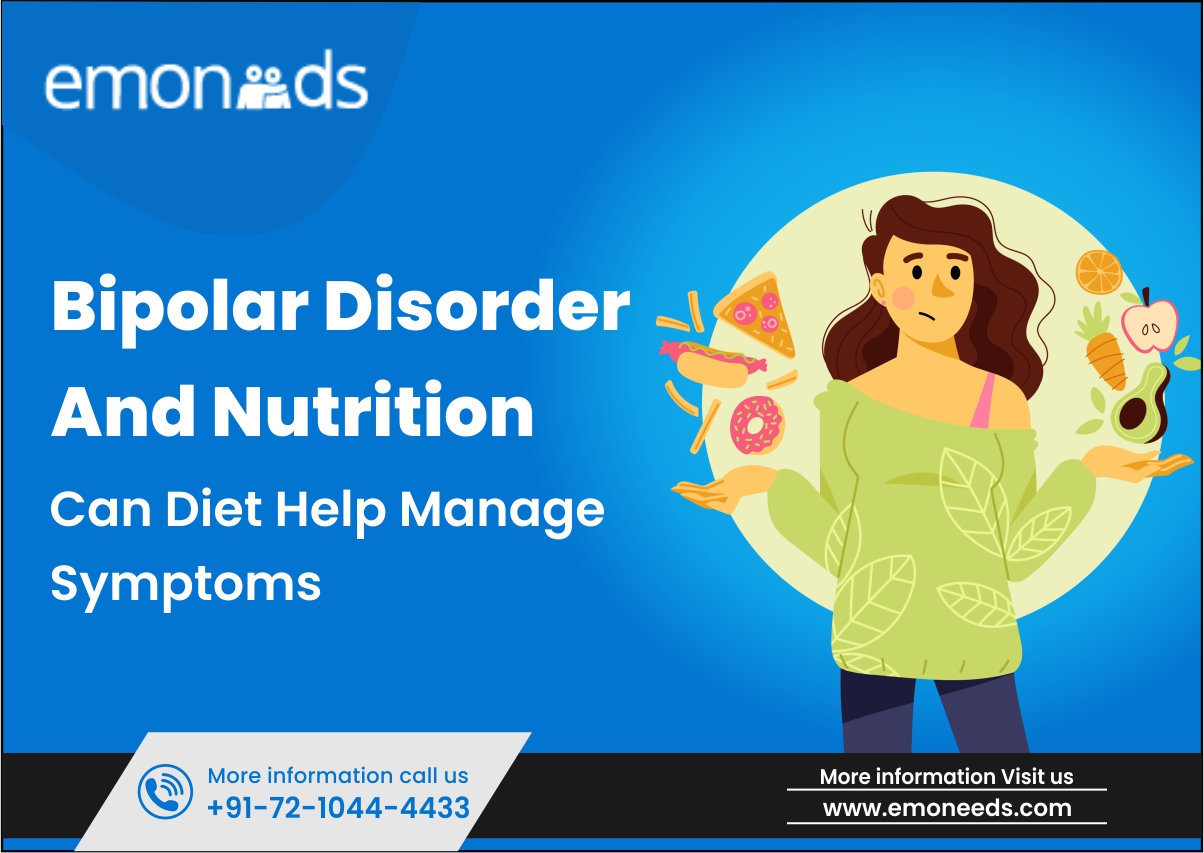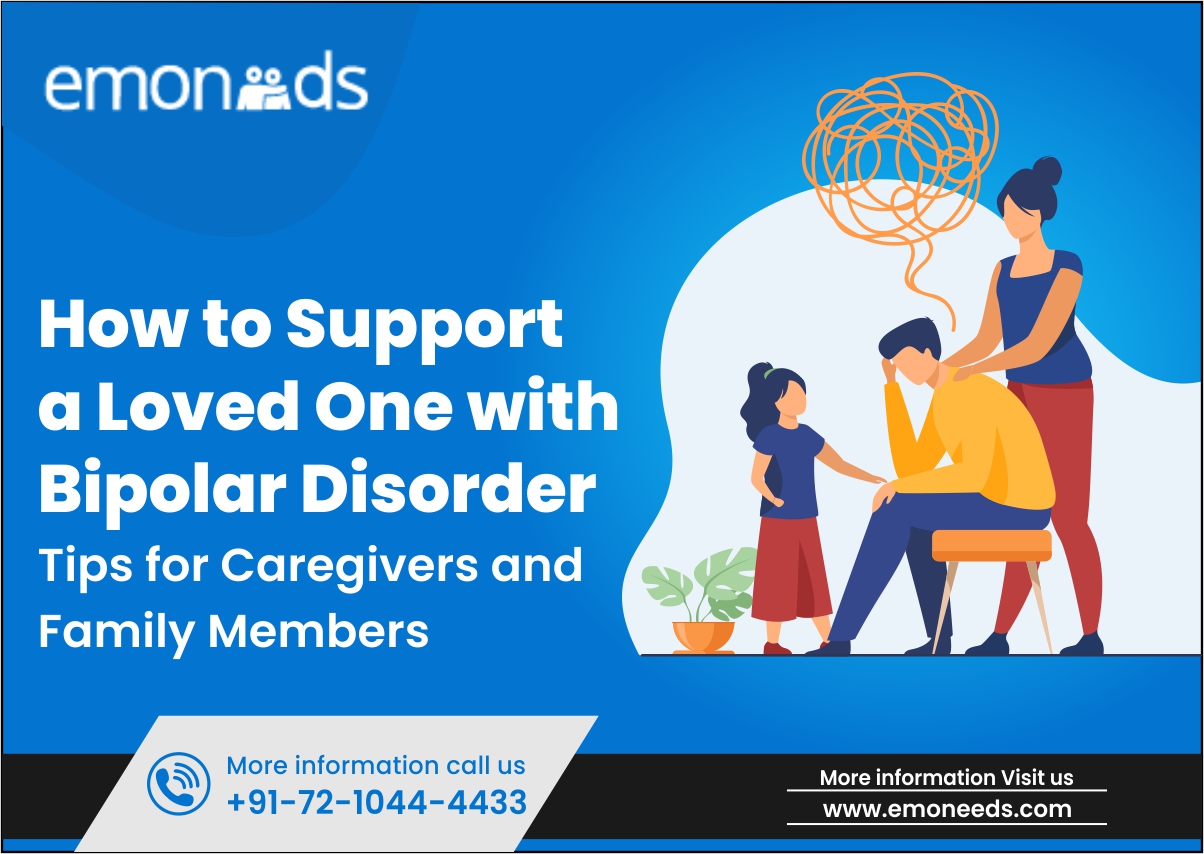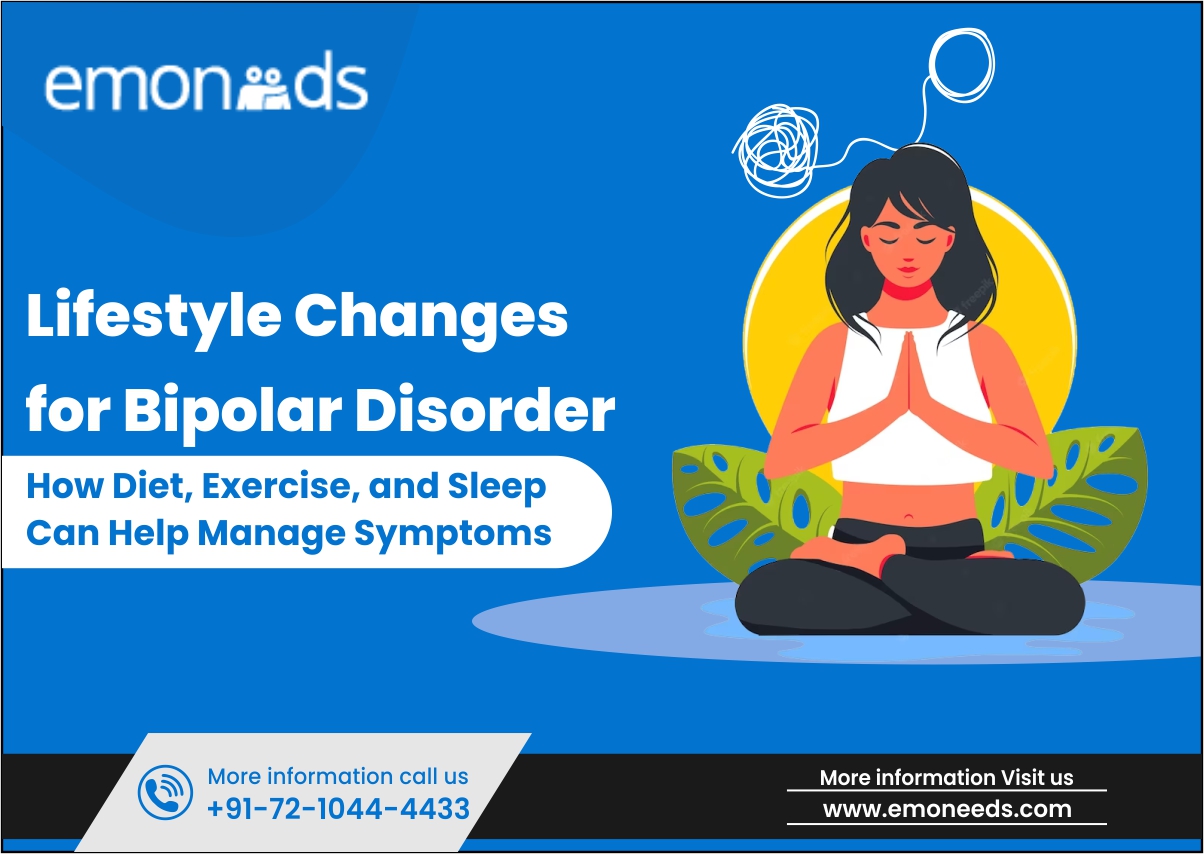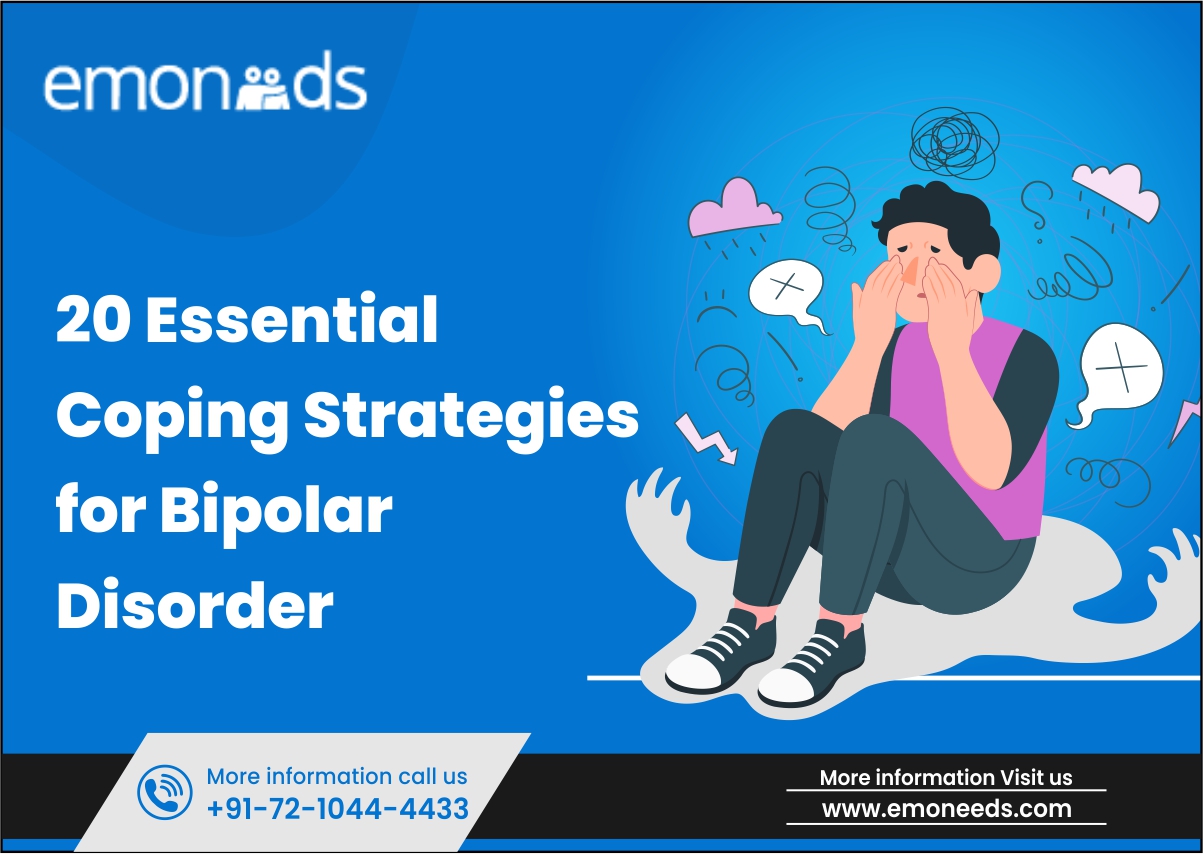
- July 27, 2023
- Saloni Kabra
- 0
Coping skills for bipolar disorder are essential for managing bipolar disorder symptoms, reducing the impact of mood episodes, and empowering individuals to lead fulfilling and resilient lives despite the challenges posed by the condition.
Living with bipolar disorder can be an intricate and sometimes overwhelming journey. The unpredictable shifts in mood, energy, and motivation can disrupt daily life and challenge one’s sense of stability. However, it’s important to remember that there is hope and that individuals with bipolar disorder can lead fulfilling lives. With the right coping strategies and support, it is possible to navigate the highs and lows of this condition.
In this blog, we will delve into 20 essential coping strategies that have proven to be effective in empowering individuals with bipolar disorder to cope with the challenges they face. These strategies encompass various aspects of life, including self-care, relationships, mental health management, and personal growth. By incorporating these coping strategies into their daily routine, individuals can enhance their ability to manage symptoms, regain control over their lives, and embrace a path of resilience and well-being in coping with bipolar disorder.
Table of Contents
Toggle1. Establishing a Support System
One of the cornerstones of managing bipolar disorder is establishing a strong support system. Surrounding yourself with understanding family members, and friends, or participating in support groups can provide much-needed empathy and encouragement. Additionally, therapy and counseling can offer a safe space to explore emotions, develop coping skills, and receive professional guidance.
2. Medication Management
Working closely with healthcare professionals to manage prescribed medications is crucial for optimal treatment outcomes. Sticking to the recommended dosage, and schedule, and actively discussing any side effects or concerns ensures the effectiveness of the medication regimen. Open and honest communication with your healthcare team is key to finding the right balance and promoting your overall well-being.
3. Educating Yourself
Knowledge is empowering when it comes to managing bipolar disorder effectively. By educating yourself about the condition, its symptoms, and available treatment options, you gain the tools to make informed decisions about your health. Books, reputable websites, support organizations, and engaging with a broader community of individuals with bipolar disorder can provide a wealth of reliable information and valuable support.
Related Blog – बाइपोलर डिसऑर्डर क्या होता है? इसके लक्षण क्या होते हैं
4. Regular Sleep Patterns
Establishing and maintaining regular sleep patterns is essential for managing bipolar disorder. Lack of sleep can trigger episodes, so adopting good sleep hygiene practices, such as setting a consistent bedtime routine, creating a soothing sleep environment, and avoiding stimulants before bed, can promote better sleep quality while coping with bipolar disorder.
5. Stress Reduction Techniques
Stress often exacerbates bipolar disorder symptoms. Integrating stress reduction techniques into your daily routine can make a significant difference. Engaging in regular exercise, practicing meditation or deep breathing, and cultivating mindfulness can help reduce stress levels and promote emotional well-being.
6. Maintaining a Healthy Lifestyle
A balanced lifestyle is vital for managing bipolar disorder effectively. Eating a nutritious diet, engaging in regular physical activity, and avoiding excessive alcohol or substance use can contribute to overall mental and physical wellness. Nurturing your body with healthy choices can positively impact your mood and stability.
Related Blog – Coping with Bipolar Disorder: Strategies for Managing Symptoms and Improving Quality of Life
7. Recognizing Warning Signs
Becoming attuned to the warning signs of bipolar episodes is crucial in effectively managing the condition. By diligently tracking and monitoring your moods, behaviors, and potential triggers, you gain the ability to identify early warning signs and take proactive measures to prevent or minimize the impact of an episode on your well-being. This self-awareness empowers you to make timely adjustments to your coping strategies and seek the support you may need.
8. Creating A Routine
Establishing a structured daily routine can provide stability and help manage bipolar disorder effectively. By setting regular times for essential activities such as meals, sleep, and medication, and incorporating self-care practices, hobbies, and moments of relaxation, you create a sense of order and predictability in your life. This structured routine promotes stability, reduces stress, and allows you to prioritize your well-being.
9. Developing Coping Skills
Cultivating coping skills is essential for effectively navigating the challenges of bipolar disorder. Engaging in activities such as journaling, creative outlets, practicing relaxation techniques, or immersing yourself in nature can be instrumental in developing personalized strategies that empower you to cope with stress, effectively manage your emotions, and promote overall mental well-being. By exploring and embracing these coping skills, you gain a toolkit of techniques that can support you through the ups and downs of your bipolar journey.
Related Blog – Medications for Bipolar Disorder Types, Side Effects, and Effectiveness
10. Building Resilience
Building resilience is an integral part of effectively managing bipolar disorder. By developing problem-solving skills, fostering a positive mindset, and actively seeking out silver linings, you equip yourself with the ability to navigate the unpredictable ups and downs of the condition with greater ease. Building resilience allows you to bounce back from setbacks, adapt to challenges, and maintain a sense of hope and optimism for the future.
11. Managing Triggers
Identifying and effectively managing triggers is an essential aspect of coping with bipolar disorder. Common triggers include stress, lack of sleep, and substance use. By setting boundaries, practicing stress reduction techniques, and avoiding triggers as much as possible, you can regain control over your mental well-being.
12. Seeking Social Support
Engaging with others who understand and empathize with your experiences can provide a sense of belonging and validation. Joining support groups, confiding in trusted friends, and participating in social activities can foster connections that offer understanding, encouragement, and a safe space for sharing challenges and triumphs. These social connections can be a source of comfort, strength, and solidarity as you navigate your bipolar journey.
Related Blog – Understanding Bipolar Disorder Types, Symptoms, and Diagnosis
13. Practicing Self-Care
Prioritizing self-care becomes even more crucial when coping up with bipolar disorder. Taking breaks, engaging in activities you enjoy, setting boundaries, and practicing self-compassion can help you recharge and maintain a healthy emotional balance. Remember, self-care is not selfish but necessary for overall well-being.
14. Time Management Skills
Developing strong time management skills is particularly valuable when coping up with bipolar disorder. By effectively managing your time, you can reduce stress levels and enhance overall productivity. Breaking tasks into smaller, manageable steps, prioritizing responsibilities, and setting realistic goals can prevent overwhelm and promote a sense of accomplishment. Finding a balance between work, self-care, and leisure is crucial.
15. Avoiding Isolation
Isolation can exacerbate bipolar disorder symptoms and impact mental health. Actively seeking social connections, maintaining friendships, and participating in social activities can counteract feelings of loneliness and create a supportive network. Connecting with others who understand your experiences can be incredibly healing.
Related Blog – The Manic or High Phase: Understanding Bipolar Disorder
16. Seeking Professional Help
Professional help plays a vital role in managing bipolar disorder. Therapists, psychiatrists, or counselors can provide guidance, support, and evidence-based interventions tailored to your specific needs. Seeking professional help during challenging times is a sign of strength and a proactive step toward well-being.
17. Setting Realistic Goals
Setting realistic and achievable goals is crucial for individuals with bipolar disorder. Breaking larger goals into smaller, manageable tasks and celebrating each milestone along the way can boost motivation and confidence. Remember, progress is personal, and each step forward is worth acknowledging.
18. Practicing Mindfulness
Incorporating mindfulness into your daily life can bring a sense of calm and awareness. Mindful breathing, body scans, and mindful eating are techniques that cultivate presence and help manage stress. By staying in the present moment, you can develop a greater understanding of your emotions and triggers.
19. Taking Breaks and Resting
Taking regular breaks and prioritizing rest becomes a vital component when coping up with bipolar disorder. Listening to your body’s needs, acknowledging fatigue, and incorporating periods of rest can prevent burnout and support overall well-being. Remember, rest is not laziness but a crucial part of self-care.
20. Celebrating Victories and Progress
Recognizing and celebrating small victories and progress is an important aspect of managing bipolar disorder. Reflecting on your achievements, no matter how small, and showing yourself self-compassion can foster a positive mindset and motivate continued growth. Celebrate your resilience and the steps you’ve taken.
Conclusion
Embracing these 20 essential coping strategies equips individuals with bipolar disorder to effectively navigate its challenges. By prioritizing self-care, seeking support, and fostering resilience, it is possible to lead a fulfilling life while managing the condition. Remember, everyone’s journey is unique, so adapt these strategies to your personal needs. For additional support, consider exploring Emoneeds—a dedicated online platform providing resources, guidance, and a supportive community tailored to individuals with bipolar disorder. Take action today, empower yourself with knowledge, and connect with others who understand your experiences. With the right tools and support, you can navigate the highs and lows of bipolar disorder while embracing a life of well-being.
DBT emphasizes “mindfulness” practice. Mindfulness develops awareness of emotion, awareness of behavior, and awareness of one’s surroundings, allowing people to observe and accept their current experience without being judgmental. DBT therapists help individuals understand their patterns of emotion regulation, their impact on various aspects of lives, recognize them, and learn healthy skills to express emotions and cope with distressing situations. “Emotion regulation skills” learned through DBT help people deal with their vulnerability to rapid and intense emotional reactions.
People with emotional dysregulation have a lower level of tolerance for distress. A lower distress tolerance level impacts one’s ability to make decisions, which again leads to impulsive or self-destructive behavior. DBT places strong emphasis on enhancing the “distress tolerance skill”. Distress tolerance skills help individuals navigate challenging circumstances and emotions until they are able to respond in an effective way. As a result, such skills help them manage impulsive behaviors and self-destructive tendencies.
Another main focus of DBT is to improve interpersonal skills and help people develop healthy relationships. The “interpersonal effectiveness skills” that one acquires through DBT improve Individuals’ communication, assertiveness, and problem-solving abilities, helping them to manage relationships in a healthier and more adaptable manner. DBT also teaches how to establish healthy boundaries so that one may take care of oneself and have healthier relationships. When disputes occur, DBT skills assist in dealing with them constructively and finding solutions that work.
FAQ
What are the bad coping mechanisms for bipolar disorder?
Some bad coping mechanisms for bipolar disorder include excessive alcohol or drug use, avoiding treatment or therapy, ignoring warning signs or symptoms, isolating oneself from friends and family, engaging in risky behaviors, such as overspending or promiscuity, and self-medicating without consulting a doctor. These behaviors can worsen symptoms and lead to further complications. It’s important to seek support from healthcare professionals and develop healthy coping skills for bipolar disorder.
How can a bipolar person live a happy life?
Living well with bipolar disorder means finding balance and support. Stick to a daily routine, including sleep, exercise, and meals. Take prescribed medications consistently. Learn your mood patterns and have strategies ready for tough times. Surround yourself with understanding friends, family, and professionals. Enjoy activities that bring happiness and manage stress with relaxation techniques. Remember, with the right help and self-care, living a fulfilling life with bipolar disorder is achievable.
Can bipolar people ever love?
Yes, bipolar people can definitely love. Love isn’t determined by a mental health condition. However, managing bipolar disorder can sometimes affect how emotions are expressed. With proper treatment and support, people with bipolar disorder can experience fulfilling relationships and love just like anyone else. They need to communicate openly with their partners and seek help when needed to navigate the challenges that may arise.
How do I calm myself down with bipolar?
To calm yourself down with bipolar disorder, establish a regular routine for sleep, meals, and activities. Practice relaxation techniques like deep breathing, meditation, or yoga to ease stress. Stay connected with supportive friends or family members. Limit stimulants such as caffeine and alcohol. If needed, seek guidance from a therapist or psychiatrist who can provide medication and support.
How to live a normal life with bipolar disorder?
Living well with bipolar disorder involves maintaining a consistent routine, ensuring sufficient sleep, and adhering to medication plans. Regular physical activity and a balanced diet contribute to mood stability. Recognizing early signs of mood shifts and seeking support from loved ones or mental health professionals is essential. Avoiding substance use is crucial. Educating oneself about bipolar disorder and engaging in stress-relieving activities such as mindfulness or creative pursuits can be beneficial. With effective self-care and support, individuals can lead fulfilling lives despite the challenges of bipolar disorder.
